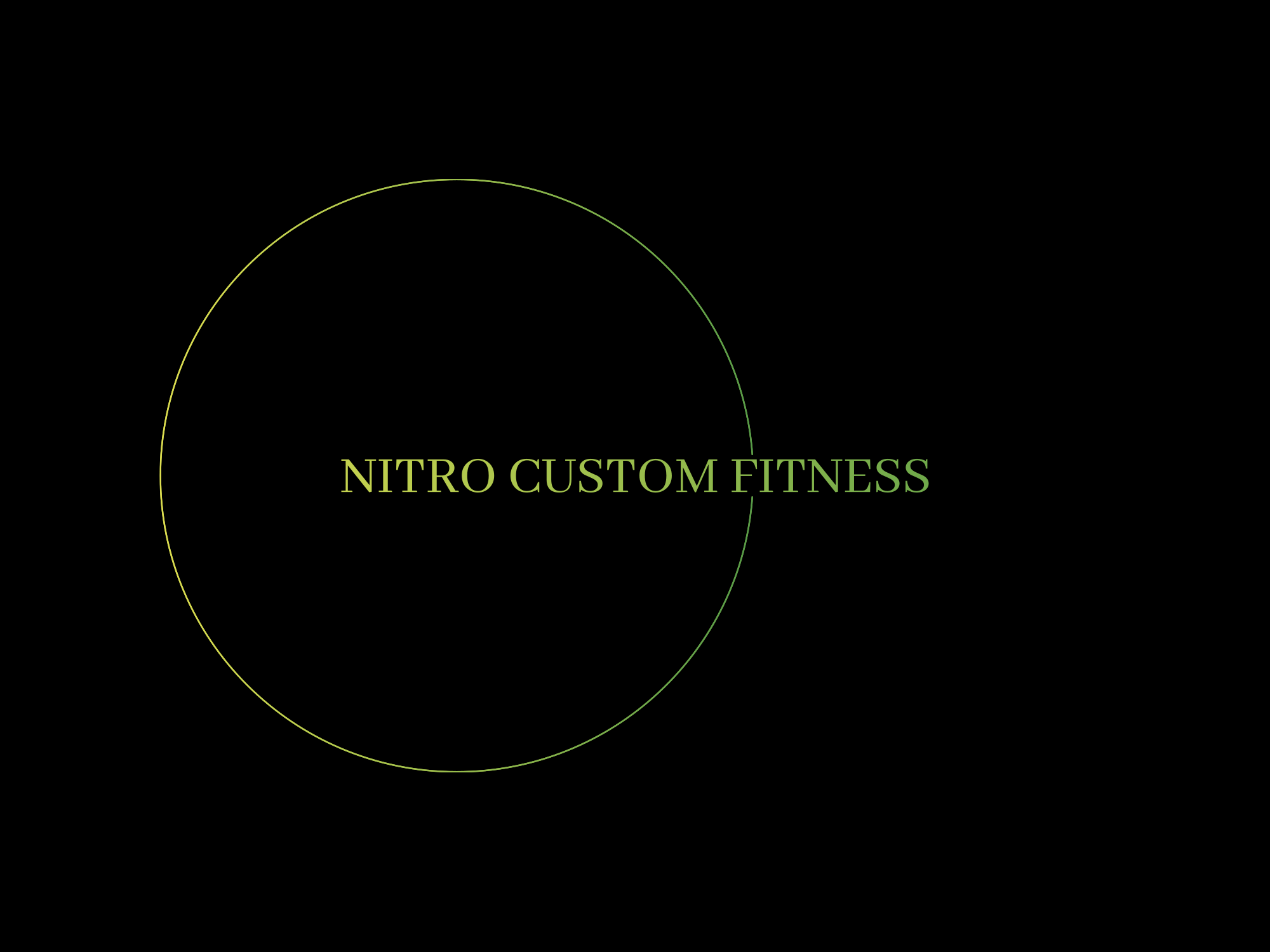In the competitive world of fitness, having the right equipment is vital for attracting and retaining members. However, outfitting your gym can be a significant financial investment. One way to mitigate costs is by sourcing preowned commercial fitness equipment. While this can lead to substantial savings, it’s essential to approach the process with care. Here are the key factors to consider when sourcing preowned fitness equipment for your gym.
1. Condition of Equipment
The most critical aspect to evaluate is the overall condition of the equipment. Inspect each piece for signs of wear and tear, such as rust, frayed cables, or worn-out upholstery. A thorough inspection should include:
– Mechanical Functionality: Ensure that all moving parts operate smoothly. Test the equipment yourself if possible.
– Electrical Components: For machines with electronic displays or motors, check that these components function correctly.
– Cosmetic Issues: While aesthetics are not everything, significant damage can affect the user experience and safety.
2. Brand Reputation and Reliability
Certain brands are known for their durability and reliability. Research the manufacturers of the equipment you’re considering. Established brands often have better customer service and longer-lasting products. Investing in reputable equipment can save you money in the long run, reducing repair costs and the need for replacements.
3. Warranty and Service History
Ask about the warranty status of the preowned equipment. If the original warranty is still valid, that’s a great sign. Additionally, inquire about the service history. Equipment that has been regularly maintained is likely to perform better than those that haven’t been serviced properly. Request maintenance records if available.
4. Compatibility with Your Gym’s Needs
Consider the specific needs of your gym and its members. What types of equipment are popular among your clientele? Are you looking to cater to beginners, advanced athletes, or a mix of both? Ensure that the preowned equipment aligns with your target demographic’s fitness goals.
5. Space and Layout Considerations Before purchasing, evaluate your gym’s layout to ensure that the equipment will fit comfortably. Measure the space where you intend to place the new machines to avoid overcrowding, which can deter members from using them. Consider traffic flow and accessibility for all users.
6. Cost vs. Value
While preowned equipment is generally more affordable, it’s essential to assess the cost against the value it will provide to your gym. Compare prices from different sources and consider the potential return on investment. Sometimes, spending a little more on a high-quality piece can lead to better long-term outcomes.
7. Source of Equipment Where you buy your preowned equipment can significantly impact quality and service. Look for reputable dealers who specialize in commercial fitness equipment rather than individual sellers. Dealers often provide warranties, service options, and a clearer return policy. Online marketplaces can also be a great source, but ensure you vet the seller thoroughly.
8. Testing Before Purchase
Whenever possible, test the equipment before making a purchase. This is especially important for machines that have complex mechanics or electronics. If you’re purchasing from a local dealer, visit their showroom. If buying online, request videos or arrange a visit to see the equipment in person.
9. Future Maintenance and Parts Availability
Consider the long-term implications of your purchase. Some brands and models have readily available parts, while others may be harder to service in the future. Check if the equipment you are considering has a track record for parts availability and ease of maintenance.
Conclusion
Sourcing preowned commercial fitness equipment can be an excellent way to enhance your gym without breaking the bank. By taking the time to evaluate the condition, brand reputation, compatibility, and overall value of the equipment, you can make informed decisions that support the success of your fitness facility. Ultimately, the right preowned equipment can provide your members with the quality experience they expect while helping you manage your budget effectively.

